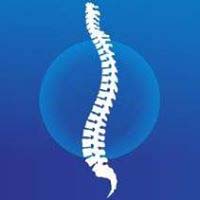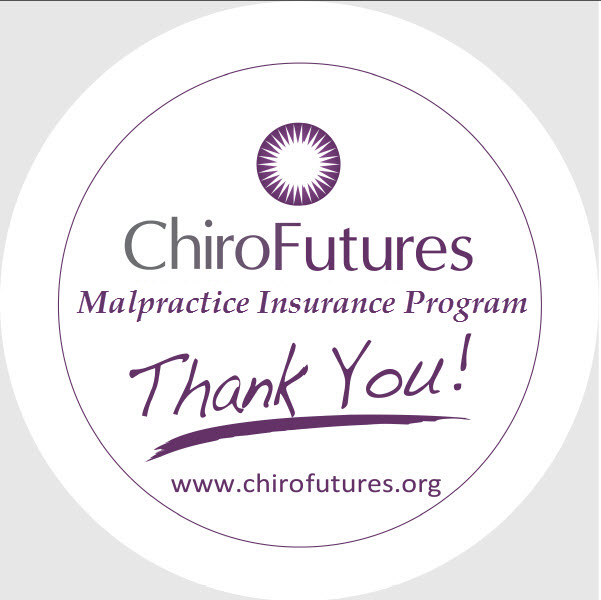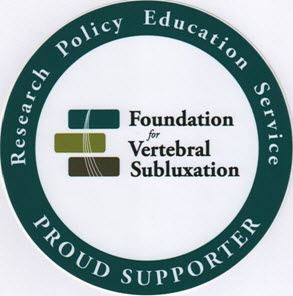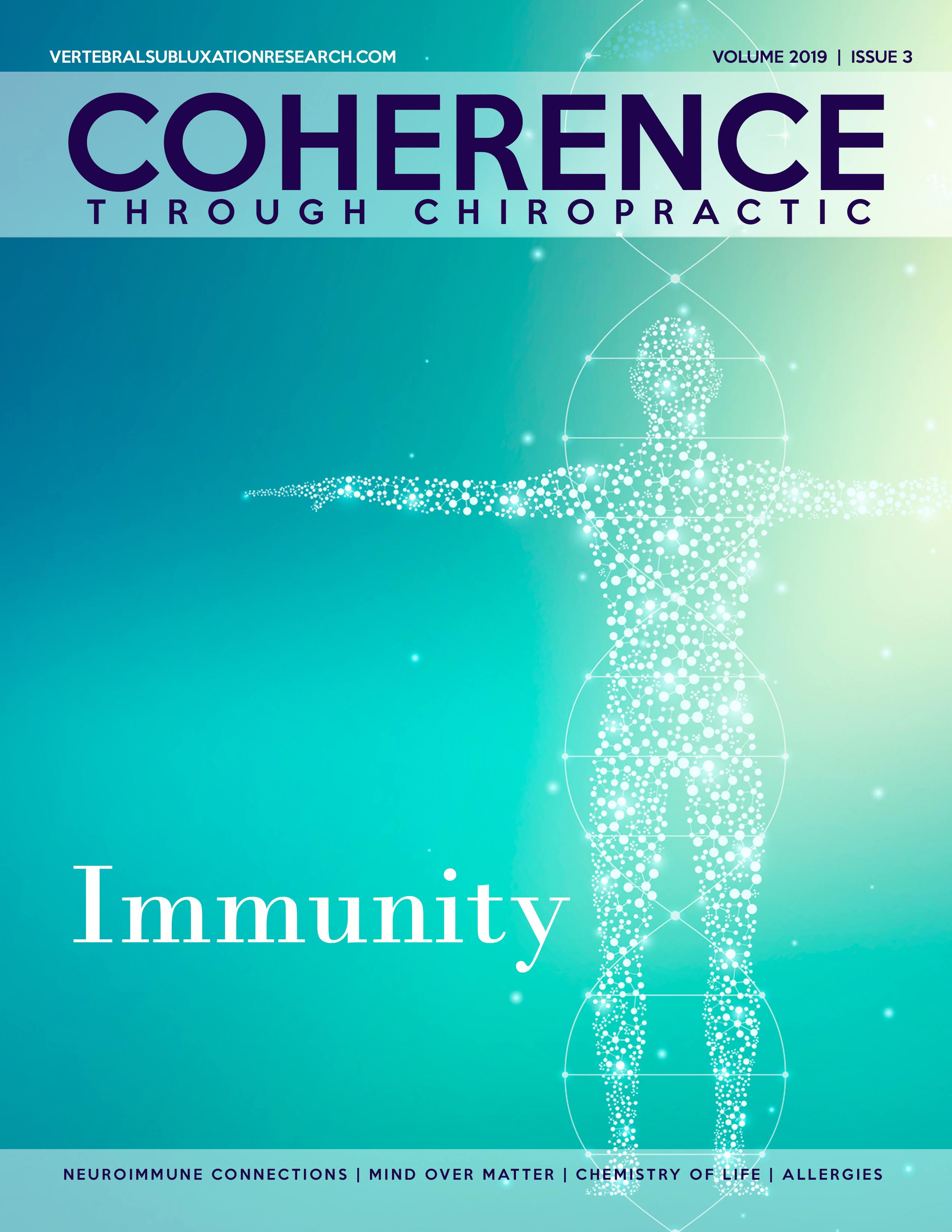The Contrasting Meanings of Innate Intelligence and Their Practical Utility
David R. Seaman, DC, DABCN, DACBN and Albert Luce, DC, FIAMA
Journal of Vertebral Subluxation Research ~ April 9, 2005 ~ Pages 1-5
Abstract
Chiropractic is a relatively young profession, such that there are chiropractors in practice and working at our colleges who new BJ Palmer. Palmer, who passed on in 1962 remained a force in the profession throughout his career. He authored numerous texts referred to as the Green Books, which are considered by many to contain the foundational principles of the chiropractic profession, particularly the branch of the profession referred to as straight chiropractic. Few will disagree that, through his writings and spoken words, Palmer drove the chiropractic profession in a manner that provided little room for debate about the nature of things chiropractic. Accordingly, BJ Palmer left us with terms and concepts whose definitions and meanings were not derived by consensus or research such as “universal intelligence,” “innate intelligence,” “mental impulse,” “nerve interference,” “subluxation,” and others. What should we do with these terms that are unique to the chiropractic profession and generally fall within the domain of another unique term that we call “chiropractic philosophy”?
Our professional advancement depends on us evolving our theories and concepts; and philosophy has always been the driving force behind the advancement of professions, companies, and countries. That is, we cannot move towards a goal, or even clearly define a goal, unless we know where we stand. Accordingly, the mandates of a philosophical inquiry press us to examine our cherished beliefs and concepts to determine if they are consistent with reality, allowing us to properly assess our present station and future course. Entering into such an inquiry has been difficult for our profession for many reasons. We feel that a main factor is our close chronological proximity to BJ Palmer, who is characterized as the Developer of Chiropractic. Questioning the precepts put forth by The Developer is viewed by some as heretical, and for others, this represents an appropriate philosophical process that will lead to the advancement of the chiropractic profession.
In this regard, what would happen if a philosophical inquiry demands that we modify or drop one or more of BJ Palmer’s precepts, as the process of philosophy requires, if we find inaccuracies and inconsistencies? This possibility is too much for many in our profession to bear. However, what if such an inquiry demonstrates some of Palmer’s concepts are profound and currently needed by contemporary chiropractic? In this case, avoiding a philosophical inquiry will mean that our profession will lose out on the chance to evolve.
In this paper, we endeavor to examine the concept of innate intelligence in the context of current chiropractic practice considerations. We do not propose that our conclusions are final or all-encompassing; but rather, help reflect the current state of our knowledge.
Key words: innate intelligence, vitalism, homeostasis







